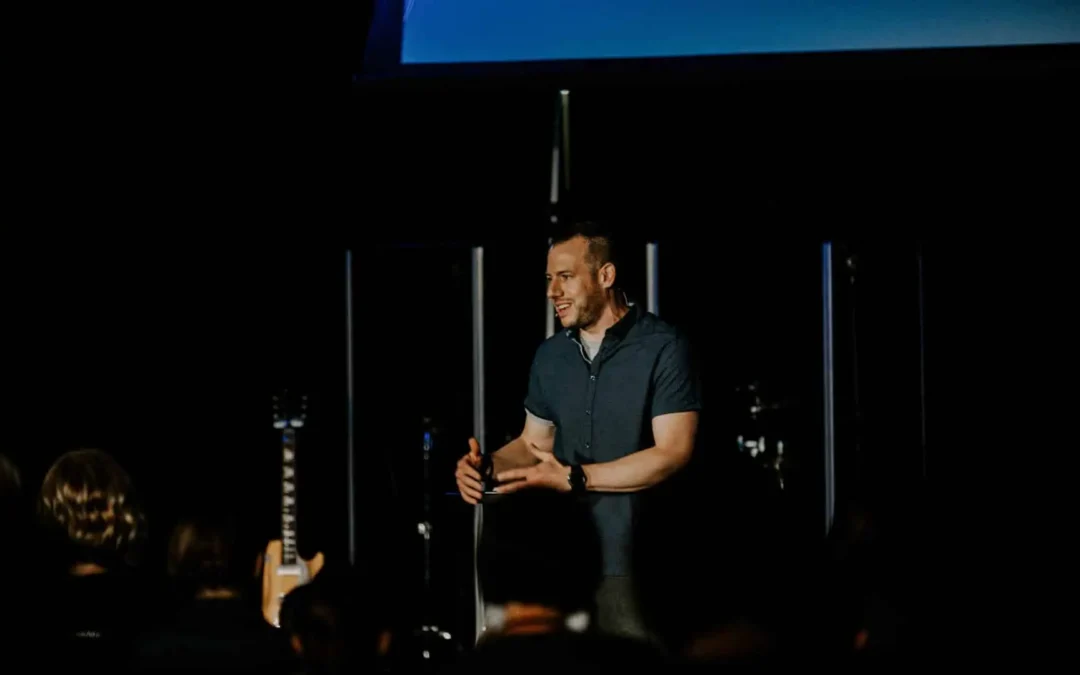There are a number of reasons why a church might consider getting a loan. Sometimes growth puts a church in a position that requires expanding the existing sanctuary or moving into a new building entirely. It could be necessary to upgrade and improve areas in a church’s existing facility. Or a church may choose to refinance some existing debt to free up more money for ministry.
When it comes time to look into loan options, it can be overwhelming. Where should you start? Should you just go down and talk to your local bank? What kind of preparation goes into securing a loan? Which lender would be a good fit for you?
Here is some information that will help you think through your options.
What is a church loan?
Getting a church loan is not the same as getting a personal loan, as lenders look at churches as commercial organizations. Here are the biggest differences between personal and commercial lending:
1. Borrowing potential
When it comes to how much you can borrow, the potential is calculated differently for a church than an individual. If you are looking for a loan to buy a home, a bank will evaluate your gross income versus the amount of debt you owe. If your debt eats up too much of your personal income, it is hard for them to justify the loan.
When it comes to commercial lending (particularly on new property), one of the questions lenders will ask is whether the property will generate enough revenue to cover a portion of the debt. If you are considering a loan to purchase a building that just became available, your lender will want you to demonstrate how your church’s income will grow with this new real estate investment.
2. Assumed risk
For the lender, commercial lending is riskier than private lending. Not only is there more money at stake, but if a store owner finds themselves in dire financial straits, they will often put all their resources toward paying their personal mortgage over staying up-to-date on commercial payments. This makes commercial lending a little more precarious.
Church lending adds another layer of complexity for lenders. If the lender needs to assume ownership on a property in default, that lender wants to be confident they can turn the property over and make a return on their investment. Due to their unique and specific features, churches can be challenging for a lender to resell. This makes some lenders extra wary of church loans.
3. Down payment
In addition, since lenders are assuming greater risk, commercial lending often requires a lot more money upfront. In the right market with good credit and strong negotiation skills, it is not too difficult for someone to get into a new house with $0 down, but that is not going to happen with a commercial loan. Depending on the market, lenders can require a down payment of anywhere from 10–30 percent.
This down payment can come from multiple sources. If you have the cash on hand, that is great. However, it can also come from the equity in your current facility or a capital campaign.
4. Length of payment
The typical residential mortgage has a thirty-year term, but there is a lot of leeway. However, commercial lending terms are typically much shorter. Your term (the length of time you are committed to a mortgage rate and conditions set out by the lender) can be anywhere from three to ten years. However, the amortization (the length of time it takes you to pay off the debt) may still be considerably longer.
Where should my church go for a loan?
While lenders see your church as a commercial enterprise, your church is not a business.
Sure, your church has an income, budget, and many considerations of other businesses, but you do not run your church for a profit. The structure is entirely different. While most lending institutions understand that on some level, they might not really get it—which can end up costing you.
Banks and commercial lenders that do not have a history of dealing with church loans often end up shoe-horning churches into one-size-fits-all loans. Instead of being collaborative and consultative, they can be strictly transactional. Loans can be merely a product they want to sell you. To avoid this situation, it can benefit your church to take out a loan with a lender who does appreciate all of the things that make churches special.
How can I work with a lender who shares my values?
There are many organizations that seek to serve the church through lending. They not only understand the nuances of church lending, but they are usually committed to it because they are passionate about ministry too. You can choose to work with someone who understands your mission and objectives and wants to meet your ministry needs.
When you work with a lender who specializes in church loans, their interests are often going to be aligned with your own, and that is one less thing to worry about. In addition, the money an organization might make off your interest could even be used to secure loans for other churches!
CDF Capital has been focused on church loans since 1953, and we are committed to helping churches overcome the challenges of financial growth projects. We believe in the church—sometimes when no other lender will. If you are interested in learning about how CDF Capital can help you, please email us today at contactcenter@cdfcapital.org or call us at 888-540-7112.




